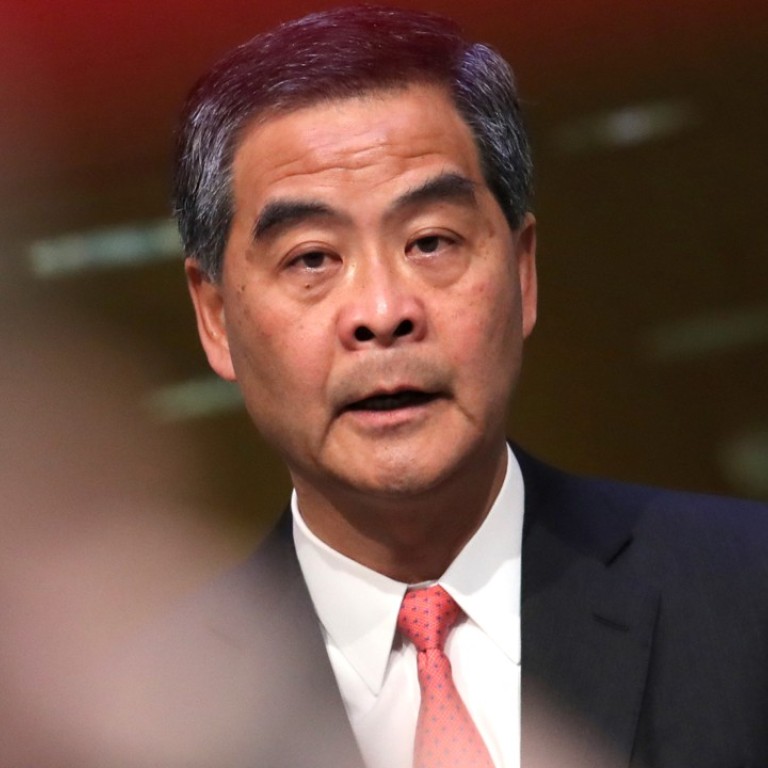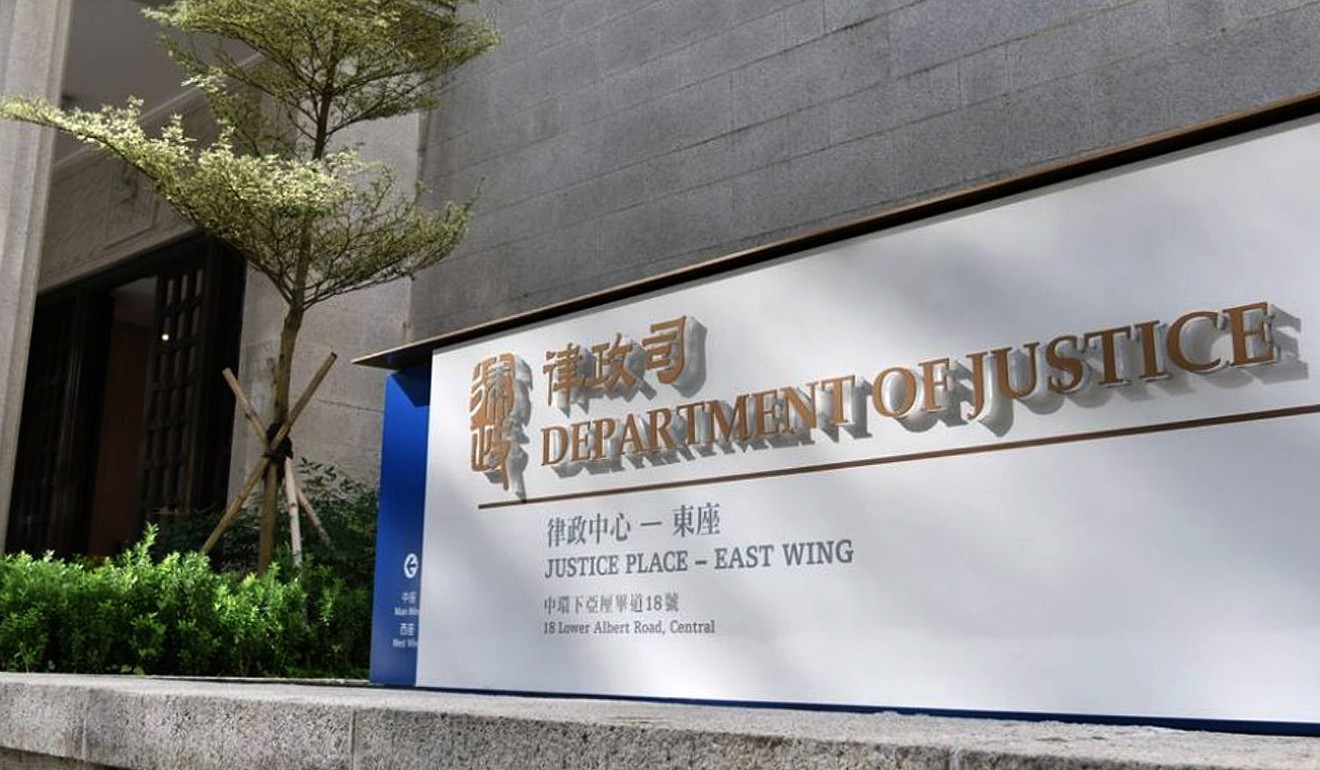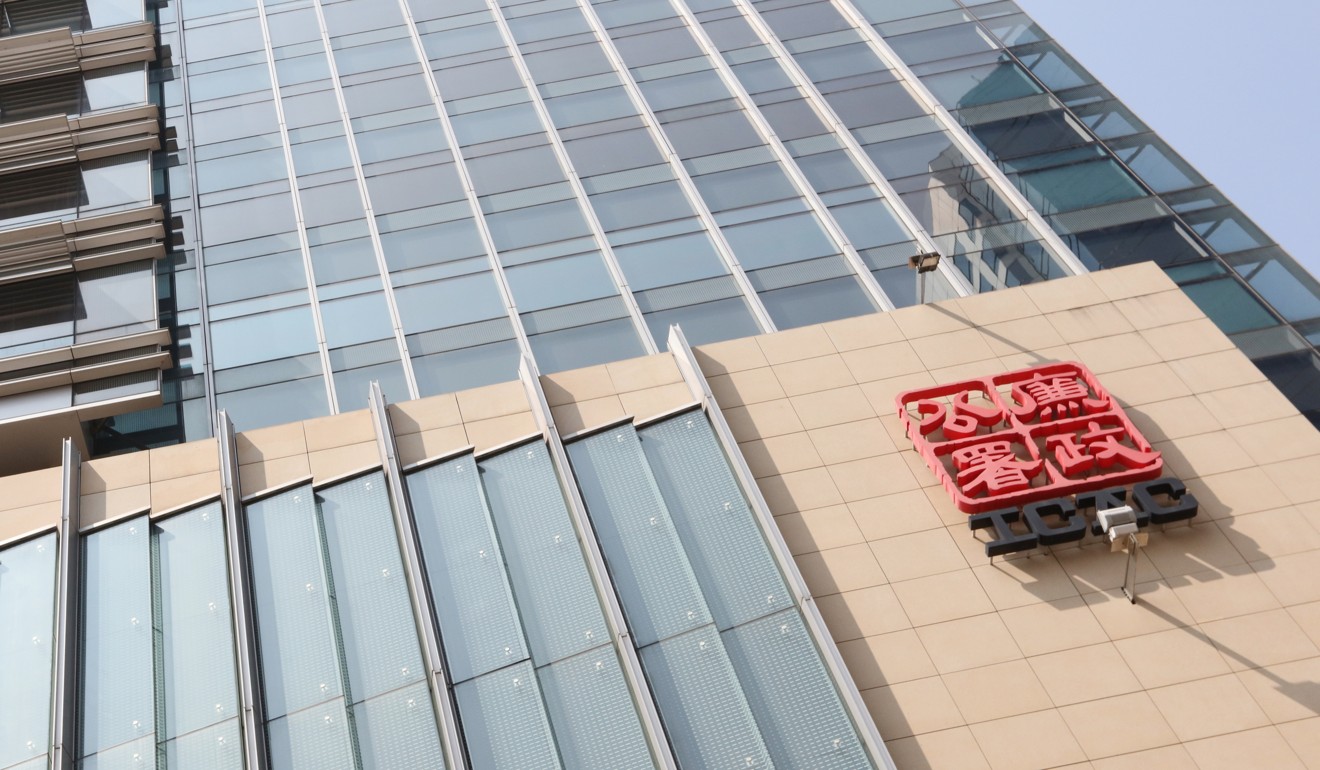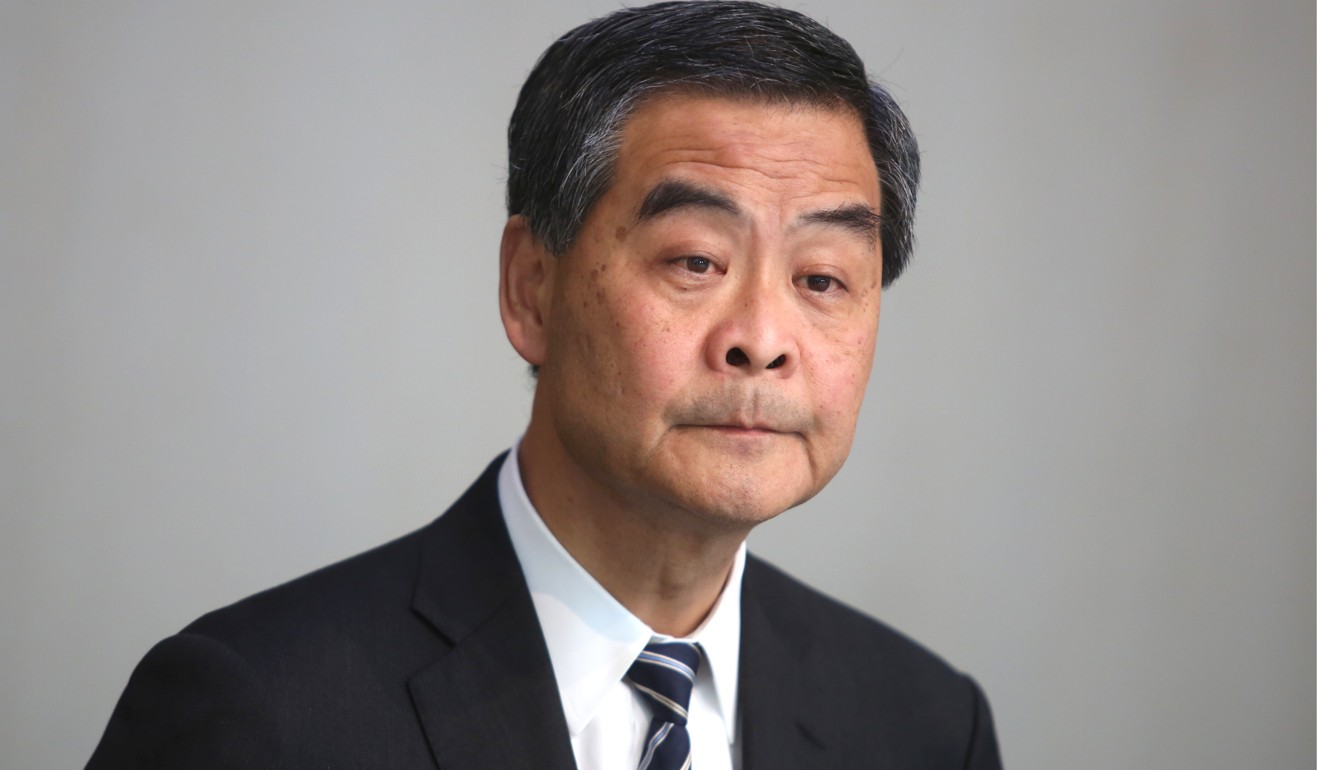
Hong Kong justice officials ‘should have got independent second opinion’ before clearing CY Leung in HK$50 million corruption probe
- Law academic and former investigator for anti-corruption agency say previous investigations into high-ranking officials included external legal advice
Justice officials have been accused of deviating from accepted practice by failing to seek third-party legal advice before clearing a former Hong Kong leader of corruption involving HK$50 million (US$6.4 million).
A law academic and a former investigator for the city’s anti-corruption agency said the move was not in line with earlier investigations. The Department of Justice argued otherwise.
The Independent Commission Against Corruption (ICAC) on Wednesday concluded a four-year probe into former Hong Kong chief executive Leung Chun-ying over a HK$50 million payment from an Australian engineering firm.
The ICAC cleared Leung of any wrongdoing, and the decision was partly based on advice from the justice department, which on Wednesday issued a statement saying it could not find sufficient evidence to prosecute.

University of Hong Kong law faculty principal lecturer Eric Cheung Tat-ming said the department had deviated from past practice.
He said justice officials had sought independent legal advice in several previous investigations involving high-ranking government officials, including those into former finance minister Antony Leung Kam-chung, former chief executive Donald Tsang Yam-kuen, and former Executive Council member Franklin Lam Fan-keung.
Former Hong Kong chief executive CY Leung cleared of any wrongdoing over HK$50 million UGL payment after four-year ICAC probe
“It’s the basic requirement,” Cheung said on a radio show on Thursday. “It’s outrageous that the department skipped this.”
The department, however, on Wednesday said it would only gather external opinion in the absence of relevant internal expertise, or when there was a need to prevent any impression of bias or conflict of interest.

“These two grounds did not apply to the current case, so we did not outsource the case for legal opinion,” the department said.
But Cheung said that since the case involved a former chief executive and a current vice-chairman of the Chinese People’s Political Consultative Conference, the nation’s top political advisory body, it was exactly the kind of situation that warranted efforts to prevent accusations of bias.
Declassified British papers show London tipped CY Leung as future Hong Kong leader
“The case involves great public interest,” Cheung said. “It decides whether Hong Kong is viewed as a city with no corruption, or a city where the powerful can be exempted from the law.”
He urged the department to release further details of the case such as the evidence obtained.
Democratic Party lawmaker Lam Cheuk-ting, a former investigator for the ICAC, agreed.
He said he was planning to request a special meeting at the legislature where the department would be asked to explain its decision in greater detail.

But pro-establishment lawmaker Dr Priscilla Leung Mei-fun, an associate law professor at City University, said she would not support public money being spent on hiring external consultants.
“The department has to shoulder its own responsibilities instead of shuffling them to outside advisers,” she said.
The legislator added that she would not support any further follow-up on the case.
Director of Public Prosecutions David Leung Cheuk-yin declined to comment on Thursday when asked why the department had not sought external advice and whether the justice minister was involved in the decision.
The ICAC had been investigating the HK$50 million payment from UGL since 2014. Leung Chun-ying was the city’s leader from July 2012 to June 2017.
The controversy stemmed from a deal Leung struck following UGL’s 2011 purchase of DTZ, a property services company once listed in Britain, of which he was a director. As part of the deal, he agreed not to form or join a rival firm and to help promote the company.
Leung received part of the sum after becoming chief executive in 2012. But he did not declare it during a meeting with his de facto cabinet, the Executive Council, sparking concerns over a possible conflict of interest.

